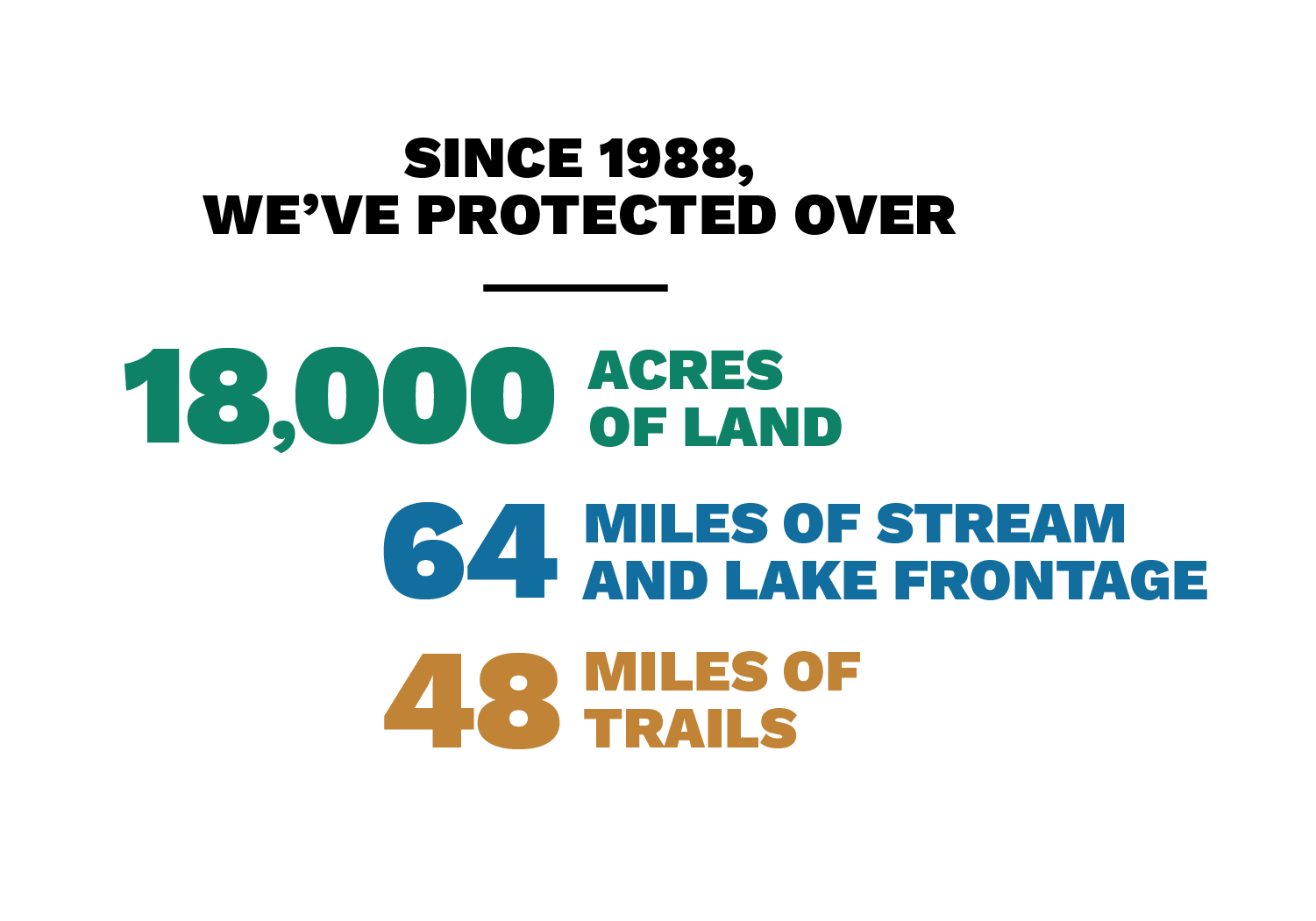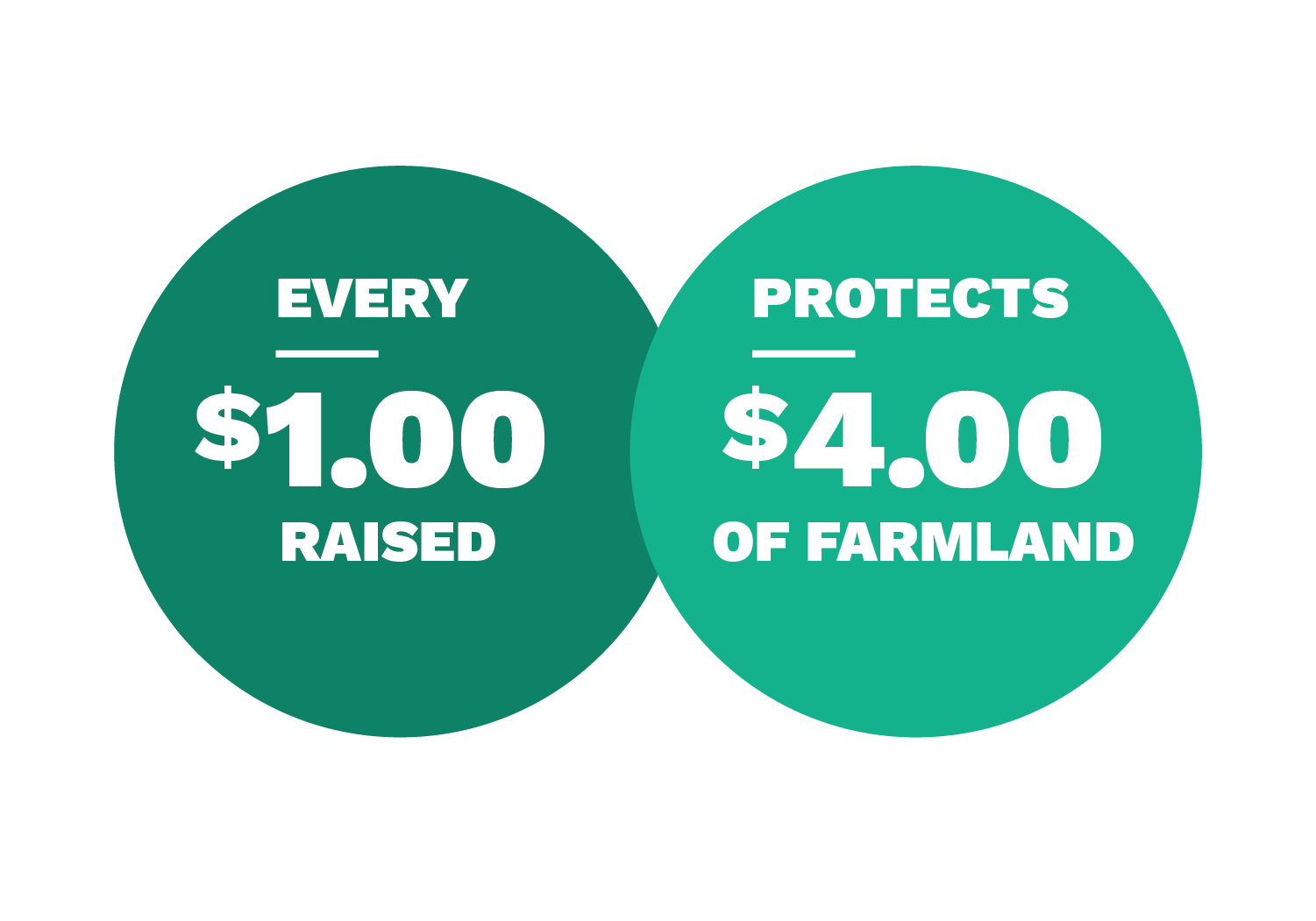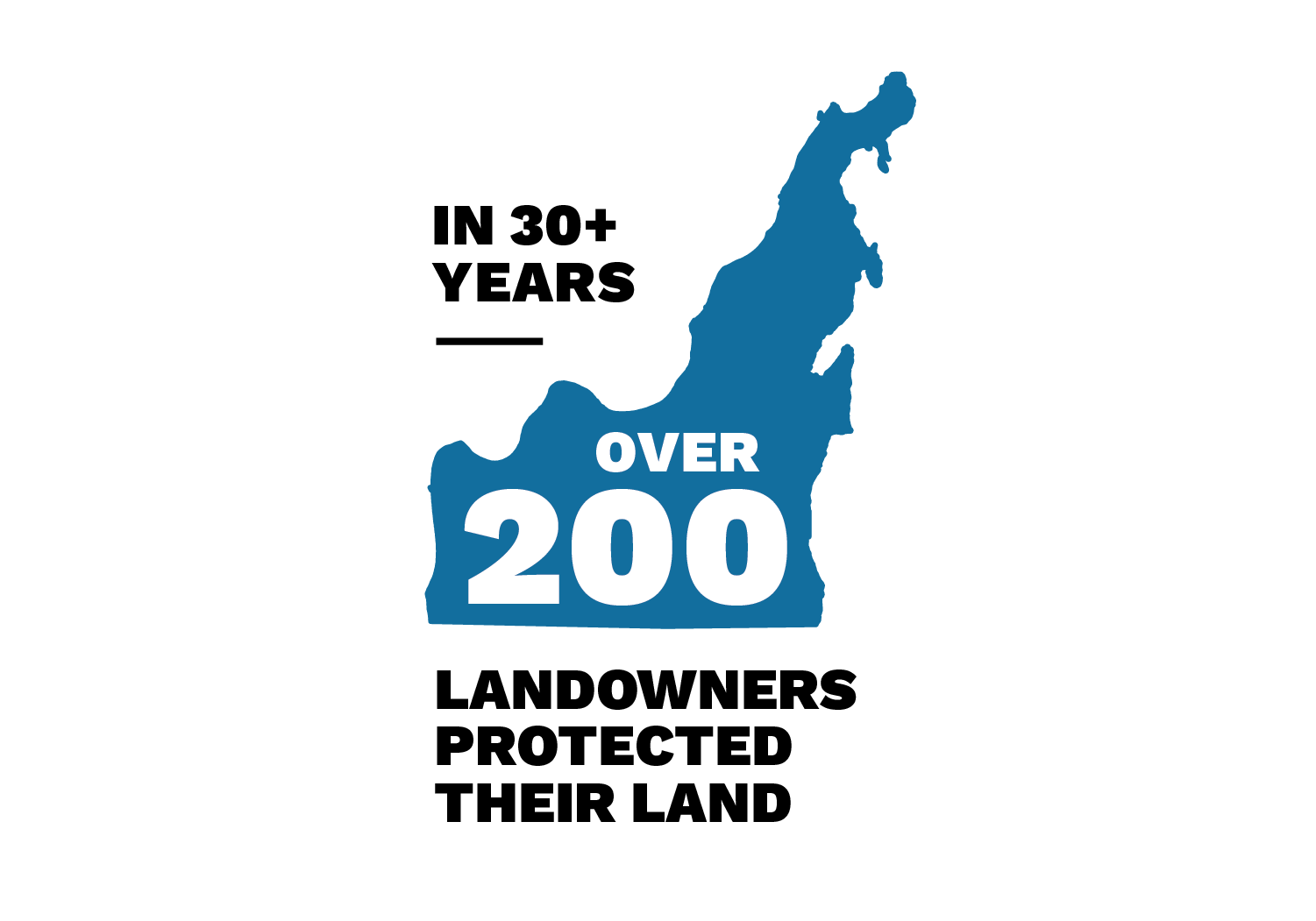Each spring, a host of warblers, tanagers, orioles and other colorful jewels of the skyfind their way into Leelanau County. Most of these birds have over wintered in the tropics; some are returning from as far south as the Argentine Grasslands. Their journey will take the majority of them northward into the Upper Peninsula and Canada. Some will travel all the way to the Arctic tundra before stopping to nest. In spite of the fact that most of these amazing creatures make the daunting flight over the Gulf of Mexico twice each year, land birds are reluctant to set out across large bodies of water. As they follow the celestial and magnetic clues that guide them, they hug the land in their incredible flights and are thus funneled up into our peninsula, delaying their lake crossing until it can no longer be avoided.
They come in waves, these courageous little travelers. If the weather isn’t right for them to fly over the lake, they pile up at the tip of the peninsula. Joining them may be shorebirds, waders and raptors – each species seeking the right habitat in which to forage and wait. Songbirds tuck into native vegetation which hosts the insects that sustain them, shorebirds pluck invertebrates from sandy beaches, waders wander shallow waters in search of crayfish and minnows while hawks kettle up on currents overhead eyeing the ground for movement of mole or mouse. If foul weather hangs on, the birds linger in wait for a warm southerly breeze, which will help push them across Lake Michigan.
This phenomenon occurs in north-south peninsulas across the continent. In too many of those places, development has robbed these migrants of essential stopover sites, which lessens their chances of arriving on their breeding territories in prime condition for the stresses of reproduction. Here on the Leelanau, migrating birds already are assured of State Park property and the adjacent Conservancy easements on Dick and Posie Shuster’s magnificent land and shoreline. But during long periods of poor weather, which often plagues our county, these lands are insufficient for the growing numbers of arriving avifauna. Now our migrants have been awarded a gift that will continue to sustain them whenever they must wait out lengthy storms and continued inauspicious winds. With the addition of the Lighthouse West Property to Conservancy holdings, our migrating birds will continue to find the resources this land has always provided.



